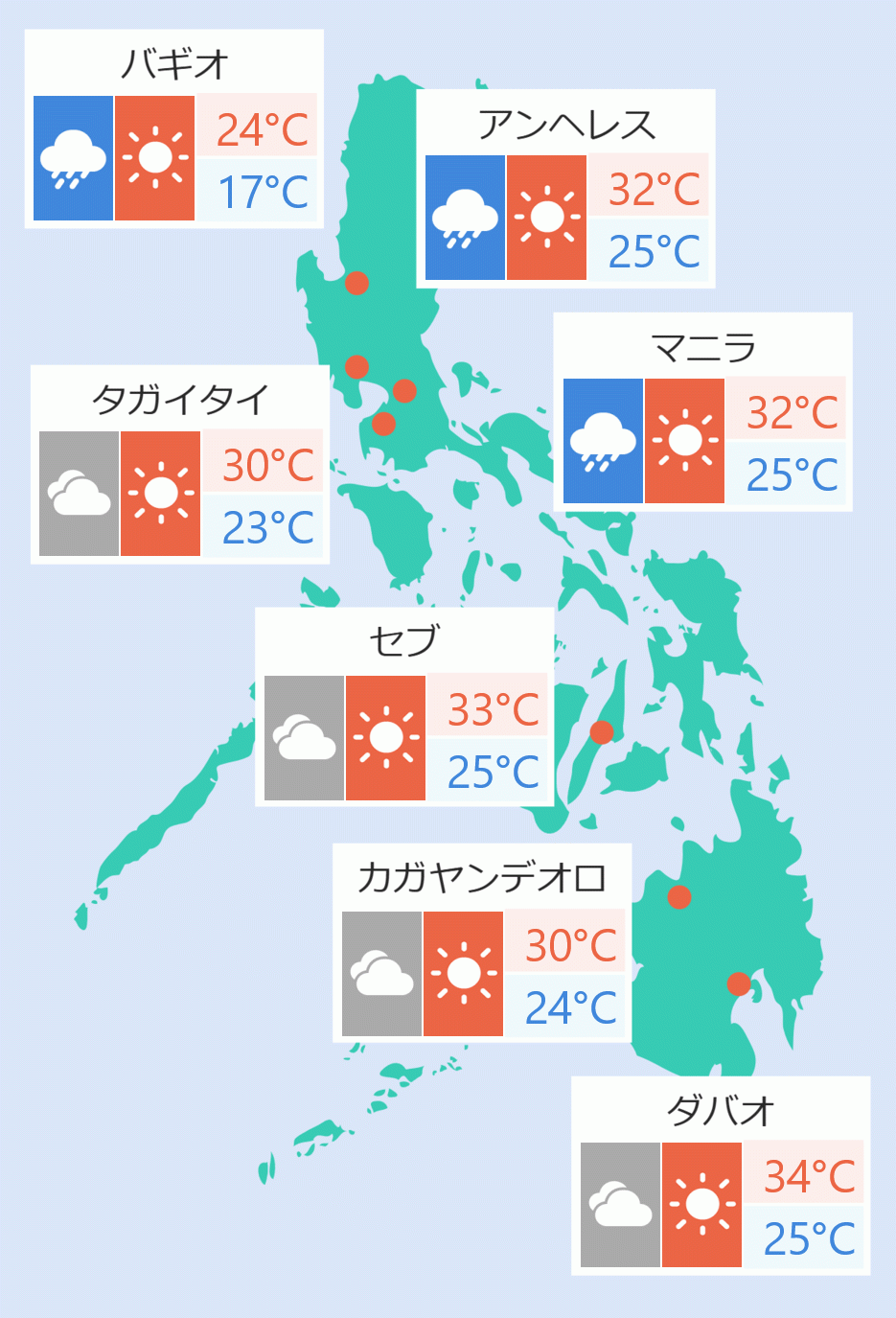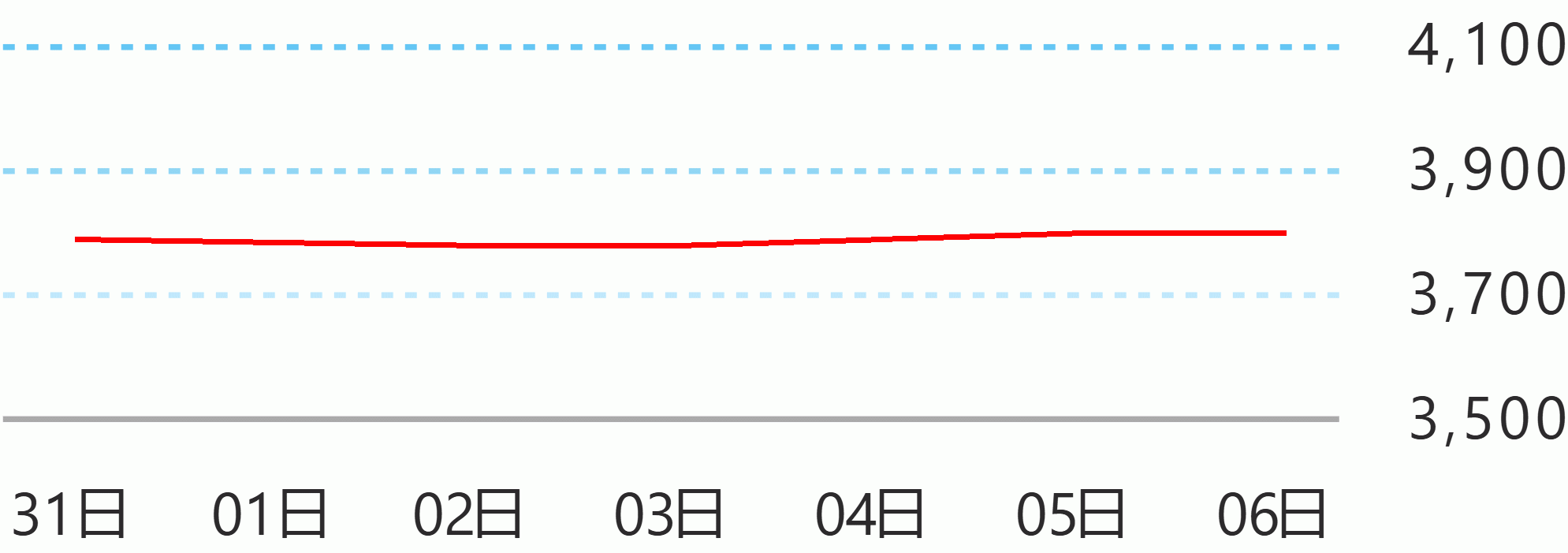The Japan International Cooperation Agency (JICA) is helping young Filipinos develop their knowledge and careers in space technology through a scholarship program with Japan Aerospace Exploration Agency (JAXA).
JICA’s cooperation aims to enable them to contribute to the socio-economic development of the Philippines and enhance closer ties between two countries.
There is potential in developing young talents in space technology to address disaster management, industry development, and other sustainable development challenges of emerging economies like the Philippines.
To date, two Filipino scholars from the University of the Philippines (UP) are first recipients of the JICA-JAXA Network for Utilization of Space Technology or JJ-NeST scholarships from the Philippines.
John Paul Almonte, 27, is taking up his masters degree in Electrical and Space Systems Engineering at Kyushu Institute of Technology until 2023.
Charleston Dale Ambatali, 27, also plans to taking up his doctorate degree in the Department of Aeronautics and Astronautics at The University of Tokyo Graduate School of Engineering until 2024.
“The Philippines has one of the youngest populations in Asia. Thus, the JJ-NeST is an ideal opportunity to tap a talented pool of next generation Filipino innovators in space development. At the same time, this is a very effective means for JICA to also help develop human resources who can launch new ideas to address areas like climate change and industry development,” said Chief Representative Sakamoto Takema.
The JJ-NeST program recently immersed the scholars in the work of JAXA. There, Almonte shared his studies on developing a tracking system for ground sensor terminals used in satellite store-and-forward networks for remote data collection. These networks are used in environmental monitoring, emergency communications, and telemedicine, among others.
Ambatali also shared his work on a space-based solar power stations that collect power from the sun and send it towards the Earth for a stable source of renewable energy.
This research work can be immediately developed into a ground-based long distance wireless power transfer system which can provide electricity to remote areas without the need for electrical towers and transmission lines.
"The JICA scholarship provided me with the opportunity to work on multiple satellite projects that deepened my knowledge of the entire satellite development process - from mission definition to launch and operations. This opportunity also allowed me to collaborate and form good relationships with Japanese and foreign colleagues in the same field." said Almonte.
Ambatali added, "My knowledge of space technology development broadened in three aspects: the ground operations, development of space systems, and the policy that sustains them. Once I complete the program and return, I aim to spearhead projects that will promote a better quality of life for the Filipinos."
Space technology development is a relatively new area in the Philippines but has shown plenty of promise. The capacity development of young Filipino scientists in policymaking on space exploitation and microsatellites, with the cooperation of JICA, is a welcome development in this area of innovation.
The JJ-Nest program aims to graduate 20 students in the next five years from countries like Vietnam, Indonesia, Thailand, Rwanda and the Philippines.
“We’ve designed our human resource development cooperation in the Philippines especially in space technology to address long-term sustainability and impact. Hopefully, more young Filipinos will be encouraged to study space technology, and work with Japan. This way, both our countries can also cushion the disproportionate impact the pandemic and climate change brought to our economies through space technology innovations,” added Sakamoto. JICA Philippines





 English
English









